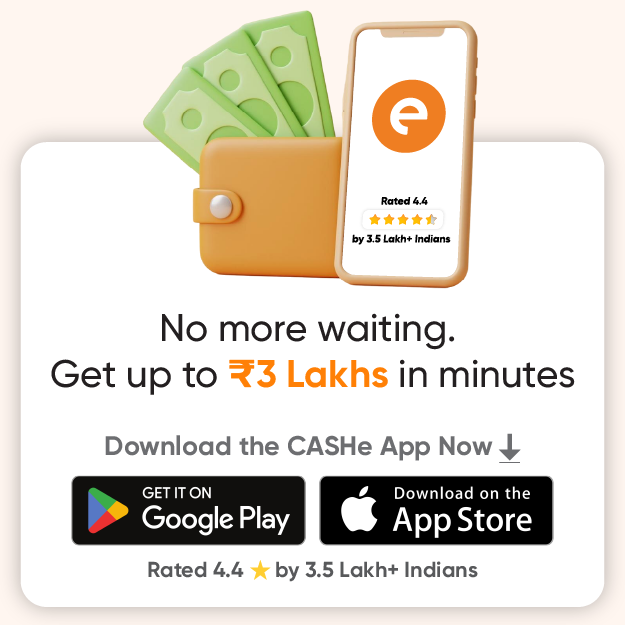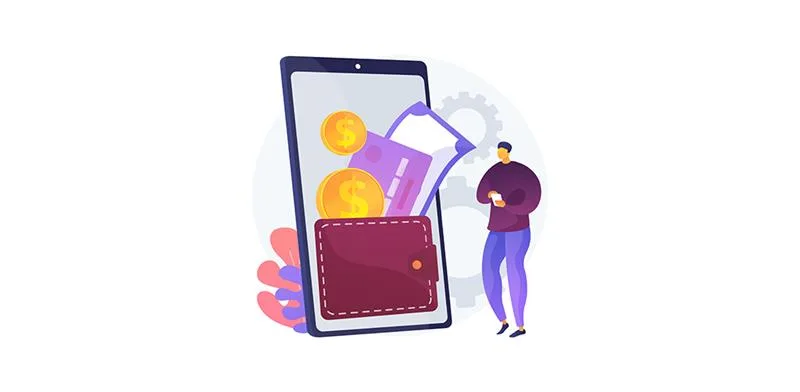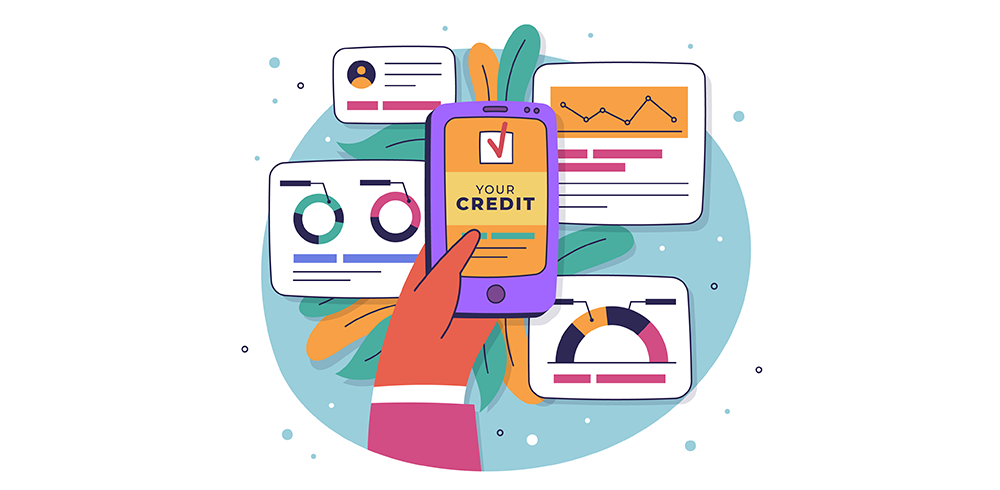Microfinance is a system of providing financial services to low-income individuals who have limited access to traditional banking services. In India, microfinance has been a powerful tool in reducing poverty and promoting economic growth. In this blog, we will understand what microfinance is, the types of microfinance, the advantages of microfinance in India, and more.
What is Microfinance?
Microfinance includes small loans, savings accounts, insurance, and other financial services, which are specifically for those with lower incomes. It is like a helping hand for people who do not have access to regular banking services. The main idea behind microfinance is to help people start or grow small businesses, pay for education, or handle emergencies when they might not have any other options. Microfinance institutions (MFIs) are the organisations that provide these services.
History of Microfinance in India
Microfinance in India has been around for several decades. It all started in the 1970s when the government and some organisations began to focus on helping the poor with financial services. One of the first efforts was the Self-Employed Women’s Association (SEWA), which began in 1974 to support women in the informal sector.
In the 1980s, the concept of Self-Help Groups (SHGs) started. These groups allowed people to pool their money together and provide loans to each other. This idea became very popular and led to the growth of microfinance in India.
By the 1990s, the microfinance sector was booming. The National Bank for Agriculture and Rural Development (NABARD) introduced the SHG-Bank Linkage Program (SBLP), connecting SHGs with banks. This program made it easier for people to access formal financial services.
Today, microfinance is a well-established part of India’s financial system and has many MFIs helping millions of people across the country.
Types of Microfinance Services
Here are the major types of microfinance services in India:
Micro Loans
Small loans are the most common type of microfinance service in India. These loans are typically used for starting or expanding a small business or for meeting other personal or household expenses. The loans are usually smaller in size and have shorter repayment periods than traditional bank loans. One of the major benefits of small loans is that they are more accessible to low-income individuals who may not have the collateral or credit history required to obtain a bank loan.
CASHe offers instant personal loans that can be a great alternative to traditional micro loans, providing quick access to funds when you need them.
Savings Accounts
Savings products are also an important component of microfinance in India. Many low-income individuals do not have access to traditional banking services and therefore do not have a safe and secure place to save their money. MFIs in India offer savings accounts and other products, which provide a secure place for low-income individuals to save their money and earn interest.
Micro Insurance
Micro insurance is a type of insurance designed for low-income individuals who are often excluded from traditional insurance products. Microinsurance can protect against risks such as illness, death, or property damage, and can help individuals and families avoid catastrophic losses. Low-income borrowers are often exposed to various risks, like illness, crop failure, or natural disasters. Microfinance products, such as microinsurance, can help these borrowers mitigate these risks and protect themselves from financial loss.
Financial Education
Financial education is an essential component of microfinance in India. Many low-income individuals have limited financial literacy and may not understand basic financial concepts such as interest rates, budgeting, or loan repayment. MFIs in India offer financial education programs to help individuals build their financial knowledge and skills.
Benefits of Microfinance
There are several advantages of microfinance in India. Here are some significant benefits:
- Microfinance brings financial services to people who do not have access to banks and helps them manage their money better.
- By giving people the financial tools they need, microfinance helps them start small businesses or invest in education.
- Many microfinance services are aimed at women, giving them the resources they need to support their families and become financially independent.
- Microfinance helps small businesses grow, which in turn helps the economy by creating jobs and generating income.
- With access to microfinance, people can have a better quality of life by improving their homes, paying for healthcare, and sending their children to school.
How to Access Microfinance Services in India
If you are interested in accessing microfinance services in India, here’s how you can do it:
Step 1: Find a Microfinance Institution (MFI): Look for MFIs in your area. These could be local NGOs, cooperatives, or special financial institutions dedicated to helping low-income individuals.
Step 2: Join a Self-Help Group (SHG): If you are in a rural area, you can join an SHG. These groups pool savings and provide loans to their members. SHGs are often linked to MFIs or banks.
Step 3: Check Eligibility: Make sure you meet the MFI’s eligibility requirements, which might include your income level, job type, and ability to repay the loan.
Step 4: Apply for a Loan: Fill out an application form and submit it along with necessary documents like ID proof, address proof, and income proof.
Step 5: Get Your Loan: Once approved, the loan amount will be given to you, and you can use it for your needs.
Step 6: Consider Modern Options: You can make use of platforms like CASHe which provide instant personal loans with minimal documentation.
Also Read : Beginners Guide on Getting a Loan
Conclusion
This is what is microfinance, and there is no doubt that by providing small loans, savings options, and other financial services, microfinance empowers people to improve their lives. Whether you need funds for a small business, education, or an emergency, microfinance can certainly help a lot.
Need funds urgently? CASHe’s instant personal loans can provide you with quick cash when you need it the most! Download the CASHe app today and get the required funds.
FAQs
1. What is the role of microfinance in India?
Microfinance helps bring financial services to people who do not have access to traditional banks. This helps in reducing poverty and empowering communities, especially women.
2. What are the eligibility criteria for a microfinance loan in India?
Eligibility depends on the MFI but usually includes factors like income level, job type, and repayment capacity.
3. What documents are required to apply for a microfinance loan in India?
The major documents you need include ID proof (like an Aadhaar card), address proof (like a utility bill), and income proof (like a bank statement).
4. What are the types of microfinance loans available in India?
Microfinance loans include business loans, education loans, emergency loans, and personal loans.










